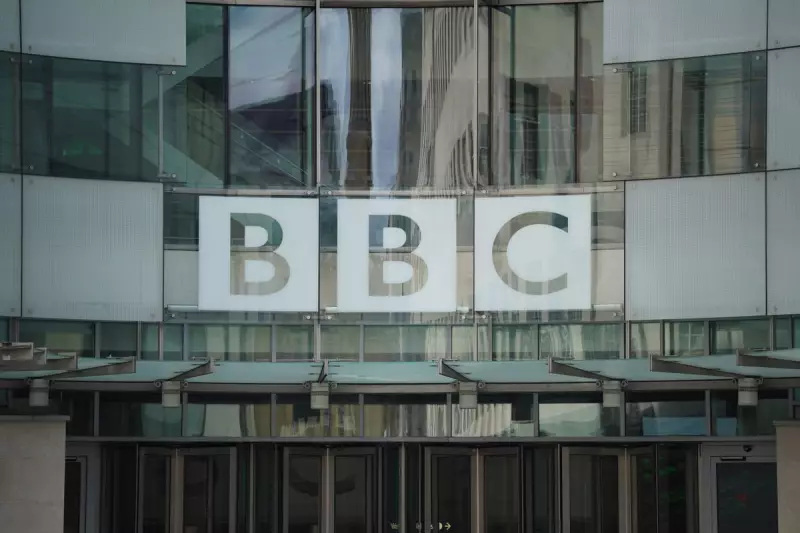
A prominent BBC News presenter has found herself at the centre of a linguistic controversy after her choice of words during a live broadcast triggered both praise and criticism across social media platforms.
Martine Croxall, the seasoned journalist known for anchoring the BBC's The Papers segment, used the phrase "pregnant people" while discussing a news story, immediately sparking intense debate about appropriate terminology in modern journalism.
The Viral Moment That Started It All
During what appeared to be a routine discussion of newspaper headlines, Croxall's deliberate use of gender-neutral language didn't go unnoticed. The clip rapidly gained traction online, with viewers divided between those applauding the inclusive approach and others questioning the departure from traditional terminology.
The BBC has confirmed that the matter is being reviewed internally, though sources indicate this is standard procedure rather than indicative of formal disciplinary action.
Language Evolution in Public Broadcasting
This incident highlights the ongoing tension between traditional language conventions and evolving social norms within public service broadcasting. The BBC, as Britain's national broadcaster, often finds itself navigating the delicate balance between maintaining editorial standards and reflecting contemporary language usage.
Several media analysts have pointed out that this isn't the first time terminology around pregnancy and gender has sparked debate within news organisations. Many outlets have been gradually adopting more inclusive language, though the pace and consistency of these changes vary considerably.
Public Reaction and Social Media Response
The video clip of Croxall's remarks quickly went viral, accumulating hundreds of thousands of views across various platforms. Social media users expressed strong opinions on both sides of the debate:
- Supporters praised the inclusive language as progressive and respectful
- Critics argued it undermined biological realities and traditional terminology
- Many questioned whether such language choices belong in mainstream news reporting
The intensity of the response demonstrates how deeply personal and politically charged discussions around language have become in contemporary society.
Broader Implications for Journalism
This incident raises important questions about the role of journalists in shaping versus reflecting language norms. As trusted public figures, news presenters wield significant influence over public discourse, making their word choices subject to intense scrutiny.
The BBC's handling of this situation will likely set precedents for how other media organisations approach similar linguistic challenges in the future. Many industry observers are watching closely to see how the corporation navigates this delicate balancing act between editorial standards, audience expectations, and evolving social conventions.
What remains clear is that in today's polarised climate, even seemingly minor linguistic choices can ignite major conversations about identity, representation, and the evolving nature of public discourse.





